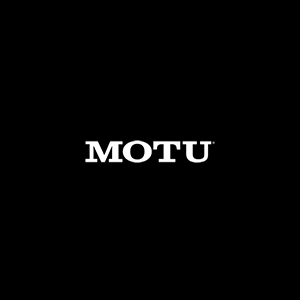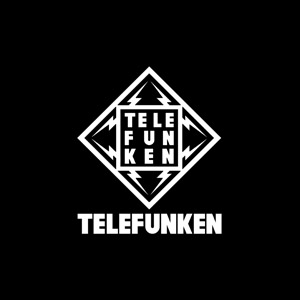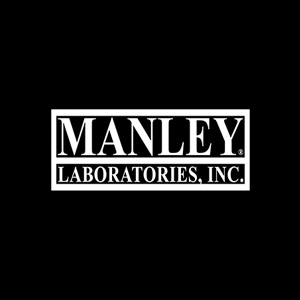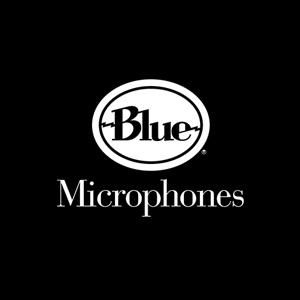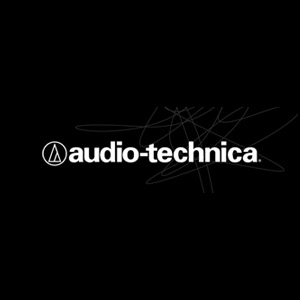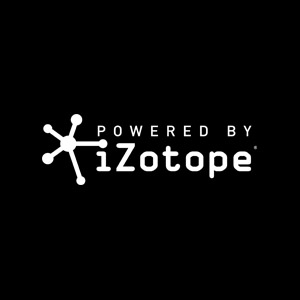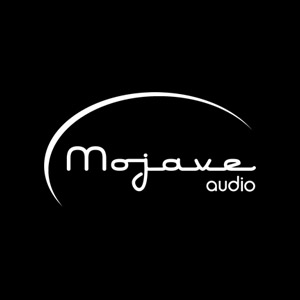CRAS Grad Panel Part 6 – The Finale
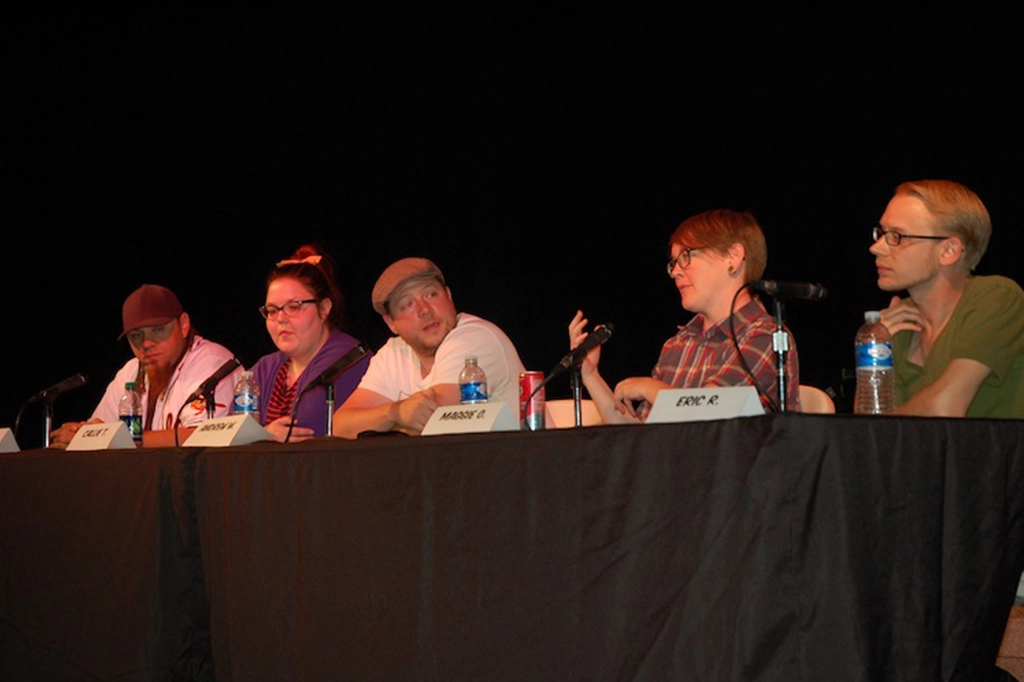
Following up on our Grad Panel post from yesterday, here is the continuation:
When we left off, we were going over what these grads look for in an intern. We will continue with tips and suggestions on how to be the best you can be, perhaps without even being seen.
Crowd Question: I just had a question about interning and being a new hire. I know the basics of it, like you guys are going through the whole better to be invisible kind of stuff. But from experience, do you know of any interns who had a wow factor? Like, I knew you were going to be good because of this, or I saw this in you that I didn’t see in someone else.
Maggie: That kid that pulled out a notebook was a stud in his interview. Then he knew our entire product line. He did stuff before I had even thought to ask for it. You have to make yourself a commodity. So many people are willing to intern, look at how many people are in this room. You’re all going to be an intern. But what’s going to make you stand out from everybody else? You need to find your niche and capitalize on it. And you need to find out who you are working for and what they are into. That’s the best advice. You have to people watch. Even to play on the invisibility factor, you’ll get curveballs. I worked at a private studio and when the engineer interviewed me, he was like listen, the artist is really artsy. He doesn’t like a lot of people, so when you meet him don’t talk to him. Just be invisible, be a fly on the wall. I pulled up into the driveway, and dude was sitting outside. They guy gives me a huge hug and I’m like I’m not supposed to talk to you! He invites me in for tea in his study and he’s showing me all his artwork and stuff. You just have to be ready for those things. Be quiet, but also pay attention and know when it’s OK to talk to those people. But I’d really say find your niche. If you can find out something that your boss loves and you can do that without them realizing it, or find out what they hate and never do that.
Andrew: That’s what I was going to say. Anticipating people’s needs. I had an assistant one time, and when I came in I asked for some coffee from Starbucks. I dunno, some iced Americano or something. And every day after that when I came in, that coffee was sitting by my Pro Tools rig. I mean, some of the days I didn’t want it, but the fact that he remembered that and it was just there…Just being able to see what people want, what they like, without having to ask them. Just knowing. That’s definitely a wow factor, those are the types of things that get you noticed. When I showed up and I saw the coffee, I was like oh shit! I didn’t ask for this but the fact that someone went out of their way to get it for me. That is the type of thing that makes me go and ask the receptionist who got this for me? Because they are the shit. Especially when you work with engineers who were interns, because they see interns doing things like that, and they think that was something that I would have done as an intern. That makes me notice that intern for sure. Then once you’re on the radar, then I start watching them all the time. So anticipating people’s needs is a good way to get people’s attention as an intern, without being all up in their face. You don’t have to get their attention all flashy like. You get to be behind the scenes and get their attention by anticipating their needs.
Callie: I know a good thing that I’ve noticed with people…If you treat whatever you’re given…Say you have to get someone a bagel. Treat that bagel, and I know this is going to sound silly but, treat that like it was something that you had to edit in Pro Tools. The kind of work that you had to put in to mixing some music, put into that bagel. Because people are going to start noticing. And if you get that bagel, that coffee, that lunch perfectly every time, people are going to start realizing that oh, they pay attention to detail. They check their work. They’re going to start giving you little bitty things that you can do and it’s just going to get bigger and bigger. If I can trust him getting my coffee right, maybe I can give him this little piece of film to edit. If he does good on that, maybe I’ll give him a little bit more audio to edit. So everything you do, treat it as if it was important. It is your job for that moment. It has to be important, whether it’s making photocopies or cleaning toilets. Do it the best that you can. Listen to every detail that is given to you. Check your work. Recheck your work. Even if you’re just making a couple copies of these ADR cue sheets. It’s just whatever little task. If you’re like, man this is just a donut…But make sure you give them the right donut. Maybe some extra napkins, make it cute. Something. Treat it as important as if you were behind a Pro Tools rig. Even though you might just be behind a counter just being client service. Because client services are just so important when you are an intern or a runner. That’s what I would look at, if I could see someone has some client services on their resume, that was always a big trigger for me to be like, OK they worked at Starbucks, they know how to handle people. Sometimes I would look at that before I looked at their audio. You need that and you just need a good vibe. We’ve had actors come in constantly to do ADR…we’ve had some interns that have just been really creepy and creep everyone out and will follow the actor. We’re like “what are you doing?!” But he’s in my favorite movie! I know, but you can’ cling and be creepy. You want people to want to be around you. You can’t stare at them or follow them or linger. So you really have to know your environment and know the vibe and just treat everything as if it was the biggest thing that you could be doing at that time.
Jeremy: Remember names!
Andrew: And Al Pacino may look like the homeless man sitting outside, so don’t be mean to the homeless man sitting outside.
Becky Fimbres [internship coordinator]: I have one question for all of you. Well, it’s not even a question. I want you guys to give them one piece of advice that they should take away from their education here. Do this. Don’t do this. Remember to always do this, based on their time here.
Andrew: Don’t let this be the end of your education. This is just the beginning. This is the infancy stage. You learn so many amazing things in this school and I know it’s so much knowledge crammed into just a couple of months, but it’s so much that you are learning, so much terminology, so much signal flow, Pro Tools, all these different things, but when you get out there you will realize that this is just the starting point. When you get out there in the real world, that is when you’re real learning begins. And that’s when the real homework and the real studying has to begin. Right now you’re getting knowledge so you can walk into a control room and know what’s up. OK, this is a patch bay. Channel line inputs. Multi-track returns. Cool, I understand this. But you don’t know how to interact with clients yet, you don’t know how to manage producer egos yet. You don’t know how to give a sound that a client is asking for, make this sound like this. You don’t know how to do that yet. You may know how to make a patch, or route signal through an SSL, but when you leave here that’s when the real education begins. Never ever stop learning, never stop studying. Take what you learn here and keep building on it. Keep studying as hard as you are now when you get out there. Even more so.
Callie: Take advantage of everything that you guys have here. All the studio time, all the equipment. Soak it all in.
Andrew: Book those late night sessions at the Tempe SSL, all that stuff.
Callie: You may not be touching a console for a while. It could be years before you get to touch any kind of equipment. So take advantage and learn Pro Tools. Learn Pro Tools.
Jeremy: I think I would say I know that everybody hates wrapping cables and getting their cables back and rewrap them, cuz we all hated it. Man, I am so happy when I unwrap a cable and there is no loops, no knots, because sometimes I’m dealing with 100 footers, 200 footers, and if somebody can’t wrap a cable right it’s so frustrating. So don’t get frustrated at these guys because you’re not doing what they’re telling you. Just do what they tell you. And if you can’t get help. Just do it. Don’t worry about it. The other thing is, be open to things. When I came here I was thinking OK, like I said I’m not a big techie person. I want to make my stuff sound good and that’s it. I didn’t care about music business, I didn’t care about the live sound and satellite recording. And what did I end up doing? Satellite recording. We had one class on it and I didn’t pay attention whatsoever, I didn’t care, I was like whatever. And that’s all I’m doing now. So be open. I wish I would have been more open to live sound. There are a lot of live sound gigs. I could have been working at the Whisky for a long time doing sound. They were like, “Do you know how to do this?” I said “well yeah, I do. It’s a console I know how to do it, but I didn’t pay attention to that.” Tuning the room and stuff like that. Be open to things like that. Also, just being quiet. People teach you here that when you get out, you’re nothing. You really aren’t anything. So don’t get out thinking that just because you’re certified you know things, because you don’t. You don’t know anything. You have a piece of paper. So remember that, and be humble. That’s the biggest thing you can do, be humble and have people like you. The rest of the stuff you can learn.
Callie: Or they’ll teach you.
Eric: I agree with everything you guys have been saying. One thing that I would say is don’t become jaded. Remember why you got into this. Remember why you wanted to get into the music industry, or why you wanted to get into the post industry. It’s tough, it’s a tough life. Don’t let it wear you down, you’ll get there. It’s important to just persevere and keep remembering why you’re doing it. For the love of music. For the love of movies. For the love of live sound. For the love of post production. For the love of video games, whatever. Why did you choose this lifestyle? That’s one of the biggest things to remember. Why did you do this? Why did you work so hard towards this? That’s one thing that I notice, that a lot of people lose sight of that spark. It’s tough when you’ve been running for three years and you don’t feel like you’re going to make it. Don’t let that jade you and don’t let that make you get complacent. Don’t let that ruin your drive to do something. If you’re tired of running at a studio for three years, it might be time to look at another studio, or another gig, or something else. I’ve seen some people stay in the same job and not go anywhere. Not because they weren’t any good, but because they allowed themselves to get complacent and jaded, and too comfortable.
Jeremy: I want to add something real quick to what he was saying about not giving up and stuff like that. I was about to give up. I lived in Switzerland, and I left Switzerland to come to this school. I went and did my internship for a while and it was hard and I didn’t have any money and it was freelance and it sucked. I was like, you know what, screw this, I’m going to go back to Switzerland and do my stuff back there. I stayed in contact with one of the instructors here and he would hit me up every now and then and how things were going. And I said it’s not going and I’m about to leave cuz I’m done. He was like, alright, give me a minute. I’ll call you back in five minutes. And he called Greg Stefus who was my intern coordinator at the time, and they had the gig with Mark Linett. And they said call him in 5 minutes because no one had taken the gig. And luckily because the people here cared…I was already done with the internship, I was already out of the school, but because they people here still cared about it, I got hooked up in the gig that I’m doing now. And I was this close to leaving. So don’t give up.
Maggie: I think it’s important to remember what you are doing and that it’s going to be OK. When you get out of here, it’s just like they said, you’re not going to be anybody. You’re just going to be that intern, or the person trying to be an intern. And it gets tough, and it gets overwhelming and it gets expensive. But don’t sweat it. You just got to keep your head down and you gotta keep going because it will be fine. You did well here, there is a reason you got through this. Yes, the real learning begins, but also the real fun begins. And you can’t ever forget that. You just need to always remember that you’re going to be fine and you know what you need to know. Listen, the technical stuff, you have got to keep your chops up. But as long as you have the right attitude and you keep going, you’re going to be OK.
Andrew: That’s right, your attitude is what’s going to get you in the door, not your chops. Your chops is what’s going to keep you in the room that the door opened to. Also remember to, what you are getting into is not a job. It’s a lifestyle. 120%. It’s a lifestyle. A job is something you go to during the day and you go home and that’s where you live your life. But this, you’re always at the studio. You live there essentially. The people you associate with are living the same lifestyle. You talk about gear, you talk about music, you talk about engineers and producers. You talk about how you’re sick of eating Top Ramen. You talk about all the same things because you are all in the same boat. It’s a lifestyle. And these are the people you are going to rise in the ranks with, and these are the people that are going to become your best friends, because they feel what you are going through. I lost all my friends when I went into the industry. All of my friends from high school, my girlfriend, I’m sorry. They just didn’t get it. And I made new friends with the people who were doing what I was trying to do because you are all in it together. You all become hooked on the lifestyle. And that’s when it really becomes fun and you realize you’re really part of something special. When you work on that special record, or that special film, or whatever you do, that’s when it becomes worth it. Because that’s there forever. Your name is printed on that record, or that movie forever, and no matter what happens…People can doubt you, people back home or wherever can say “oh he didn’t do anything”. Oh really? Well here’s my name in this. It’s proof and it’s there forever.
Callie: And keep up good hygiene!
Eric: Don’t smell.
Andrew: You gotta keep a bag with you. A gig bag.
Eric: Yeah, keep an overnight bag with you in your trunk. I swear. Toothbrush, deodorant, shampoo, t-shirt, change of clothes, the whole deal…
Jeremy: I’m not teaching you how to wash yourself for $45 an hour though! A ninja, OK.
And that concludes our incredibly informative discussion. There is so much valuable information that our grads were able to provide us with. While the panel had a decent turn-out, there are certainly more people that should have been there. Keep that in mind…by not making yourself available, or putting yourself out there, or being part of extra activities, you could be missing out on some great opportunities or knowledge. Take advantage of everything that you possibly can!




